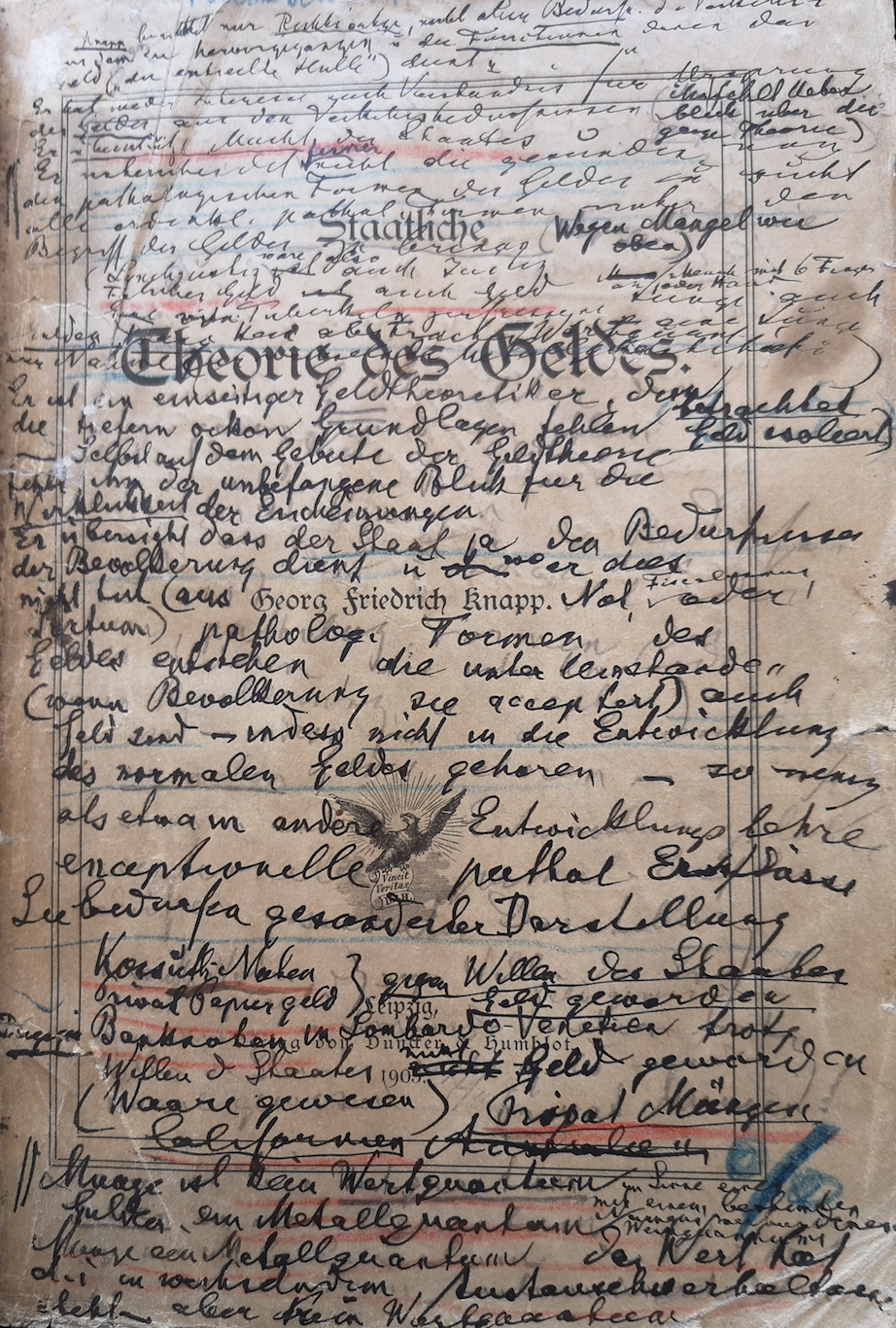My research straddles two main fields: the history of capitalism and the history of the human sciences in late colonialism. I tend to approach large conceptual problems such as “the economy” or “the psyche” through the backdoor of a history of everyday practices. I am of the opinion that history has something to offer to social theory. Thus my work is located at the intersection of historical anthropology, social history, and critical theory and integrates perspectives from historical epistemology.
Initially trained as a historian of nineteenth-century Europe, I approached the history of liberal capitalism by looking at personal indebtedness in industrializing Switzerland. The subsequent first book helped outline an agenda for a cultural history of economic life. It appeared in German with the title Rechtstrieb: Schulden und Vollstreckung im liberalen Kapitalismus 1800–1900 (Konstanz University Press, 2016) and in English as Bankruptcy and Debt Collection in Liberal Capitalism: Switzerland, 1800–1900 (University of Michigan Press, 2021) as part of the series “Social History, Popular Culture, and Politics in Germany.”
I then moved on to imperial frames and explored how money constituted a force field of social and epistemic struggles in imperialism, the moment of capital’s global expansion. I recently completed a monograph (habilitation thesis) on the topic. It consists of connected case studies dealing with the discourse of usury after the financial panic of 1873, the emergence of marginalist economics in the Habsburg Empire, the career of the German rupee in colonial Tanzania, and street protests during the Weimar period. I continue to study imperial currencies as social relations.
A new research interest, which I pursue as the Principal Investigator of an SNSF Eccellenza project, deals with the question of how the psychological disciplines responded to the world-historical transformation of decolonization. I explore this question by focusing on experiments with psychoanalysis between West Africa and Europe and by tracing the afterlives of empire in workplace psychology.

Carl Menger’s copy of G.F. Knapp, Staatliche Theorie des Geldes.